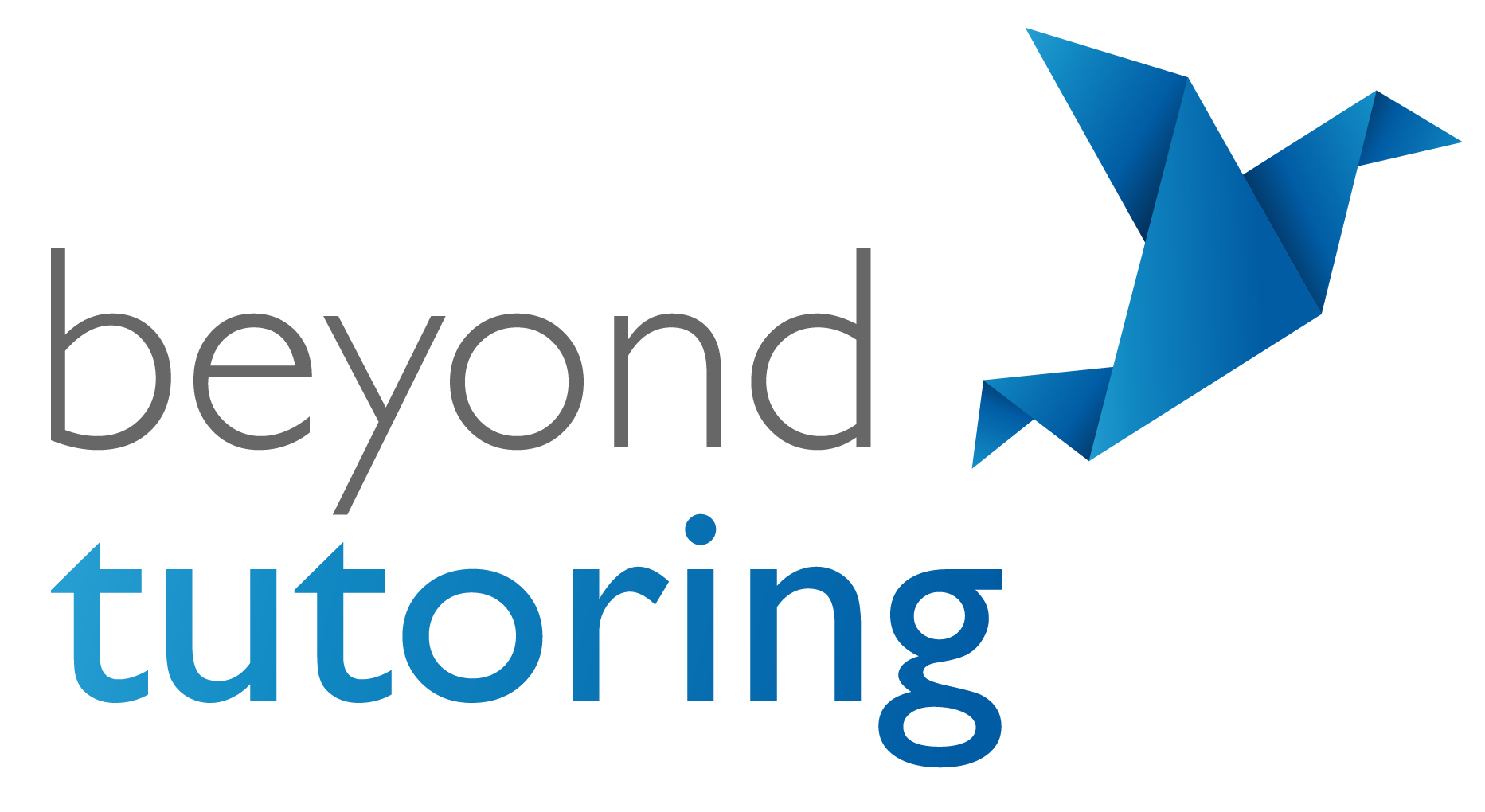Verbal Reasoning is an important part of the UCAT (University Clinical Aptitude Test), which is a requirement for admission to many medical and health science programs in Australia and New Zealand.
Verbal Reasoning tests your ability to understand and interpret written information, to evaluate arguments, and to apply your knowledge to solve problems. VR is considered by most to be the hardest section in the UCAT, and has the lowest average scores over the last few years.
Over the past 4 years, I have worked with hundreds of students to help them improve their Verbal Reasoning skills and to achieve their best possible scores on the UCAT. In this article, I will share my top 3 tips for Verbal Reasoning, based on my experience and expertise.
1. Practice, practice, practice!
The first and most important tip for Verbal Reasoning is to practise as much as possible. Verbal Reasoning is a skill that requires practice and repetition in order to improve. By practising Verbal Reasoning questions on a regular basis, you can improve your ability to understand and interpret written information, to evaluate arguments, and to apply your knowledge to solve problems. I recommend using a variety of Verbal Reasoning practice materials, including practice tests, question banks, and other resources, to help you develop your skills and to prepare for the UCAT.
To practise effectively, it is important to simulate the conditions of the actual test as closely as possible. This means setting aside a quiet, distraction-free space to work, timing yourself to ensure that you are working within the allocated time limits, and attempting to complete the practice questions under the same time pressure and stress that you will encounter on the real test. By simulating the conditions of the actual test, you can better prepare yourself for the challenges of the UCAT and improve your performance.
In addition to practising the specific skills and knowledge that are tested on the UCAT, it is also important to practise your test-taking strategies and skills. This includes practising your time management, reading and comprehension, and problem-solving skills. By practising your test-taking strategies and skills, you can improve your ability to manage your time, to understand and interpret written information, and to apply your knowledge to solve problems on the UCAT.
Some specific strategies and skills that you can practise include:
- Skimming and scanning. Skimming and scanning are reading techniques that can help you to quickly locate specific information in a passage of text. Skimming involves quickly reading the main ideas and key words in a passage, while scanning involves looking for specific words or phrases in a passage. By practising skimming and scanning, you can improve your ability to quickly locate and understand the most important information in a passage of text.
- Identifying main ideas and supporting details. Verbal Reasoning passages often contain a lot of information, and it is important to be able to identify the main ideas and supporting details in a passage. The main idea is the most important point or concept in a passage, while the supporting details provide additional information and examples that help to explain or illustrate the main idea. By practising identifying main ideas and supporting details, you can improve your ability to understand and interpret written information on the UCAT.
- Evaluating arguments and making inferences. Verbal Reasoning questions often ask you to evaluate the arguments and evidence presented in a passage of text, and to make inferences or conclusions based on that information. To evaluate an argument, you need to consider the evidence and reasons that are presented, and to determine whether they support the argument or not. To make an inference, you need to use your knowledge and reasoning skills to draw a conclusion that is not explicitly stated in the passage. By practising evaluating arguments and making inferences, you can improve your ability to apply your knowledge and skills to solve problems on the UCAT.
2. Understand the question format and the types of questions
The second tip for Verbal Reasoning is to understand the question format and the types of questions that you will encounter on the UCAT. Verbal Reasoning questions are typically presented as passages of text, followed by a series of questions that ask you to interpret and apply the information in the passage. There are several different types of Verbal Reasoning questions, including multiple-choice, matching, and true/false questions. By understanding the question format and the types of questions that you will encounter on the UCAT, you can better prepare for the test and improve your performance.
Multiple-choice questions are the most common type of Verbal Reasoning question on the UCAT. Multiple-choice questions typically present a passage of text, followed by a question and several possible answers. You need to select the answer that is most correct or most closely matches the information in the passage. Multiple-choice questions can be challenging because they often include distractors, or incorrect answers that are designed to mislead you. To answer multiple-choice questions effectively, you need to carefully read and understand the passage, pay attention to the specific words and phrases in the question, and use your knowledge and reasoning skills to eliminate incorrect answers and select the most correct answer.
Matching questions are another common type of Verbal Reasoning question on the UCAT. Matching questions present a series of items, such as words, phrases, or concepts, and ask you to match them to the corresponding information in a passage of text. For example, you might be asked to match a list of words to their definitions in a passage, or to match a list of concepts to their examples in a passage. To answer matching questions effectively, you need to carefully read and understand the passage, pay attention to the specific words and phrases in the items, and use your knowledge and reasoning skills to match the items to the correct information in the passage.
3. Develop your reading and comprehension skills
True/false questions are a third type of Verbal Reasoning question on the UCAT. True/false questions present a statement and ask you to determine whether it is true or false based on the information in a passage of text. For example, you might be asked whether a statement is supported by the evidence in a passage, or whether a statement contradicts the information in a passage. To answer true/false questions effectively, you need to carefully read and understand the passage, pay attention to the specific words and phrases in the statement, and use your knowledge and reasoning skills to determine whether the statement is true or false based on the information in the passage.
The third tip for Verbal Reasoning is to develop your reading and comprehension skills. Verbal Reasoning is a test of your ability to understand and interpret written information, so it is important to have strong reading and comprehension skills. To develop your reading and comprehension skills, I recommend reading widely and regularly, practising active reading strategies, such as highlighting, annotating, and summarising, and seeking help from a tutor or teacher if you need additional support. By developing your reading and comprehension skills, you can improve your performance on Verbal Reasoning questions on the UCAT.
Reading widely and regularly is an important part of developing your reading and comprehension skills. Reading exposes you to new ideas and information, and it helps you to develop your vocabulary and your understanding of different topics and subjects. To develop your reading skills, I recommend reading a variety of texts, including books, articles, and online resources, on a range of different subjects and topics. By reading widely and regularly, you can improve your ability to understand and interpret written information on the UCAT.
Practising active reading strategies is another important part of developing your reading and comprehension skills. Active reading involves engaging with the text, rather than passively reading it. Active reading strategies include highlighting, annotating, and summarising. Highlighting involves using a highlighter or another tool to mark the most important or relevant information in a passage. Annotating involves adding notes and comments to a passage, either in the margins or on a separate sheet of paper. Summarising involves writing a short summary of the main ideas and key points in a passage. By practising active reading strategies, you can improve your ability to understand and interpret written information on the UCAT.
4. Seek help from a UCAT Tutor
The UCAT is a difficult exam, and Verbal Reasoning in particular is a very difficult section. While brilliant resources like Medify and MedEntry exist, this isn’t enough for most students. Think of a student doing Extension 2 Maths for HSC – no matter how great your textbook is, or how many past papers you have access to, students still have over 10 hours of Maths classes every week with an experienced Maths teacher. Imagine your school gave you a textbook, some past papers, and told you to prepare for the Extension 2 Maths exam on your own?
This is how most students approach the UCAT, unfortunately. A tutor can provide you with guidance and support to help you improve your reading and comprehension skills. They can help you to understand the key concepts and ideas in a passage, to identify the main ideas and supporting details, and to evaluate the arguments and evidence presented in the passage. They can also provide you with feedback on your performance and help you to identify areas for improvement. By seeking help from a tutor or teacher, you can get personalised support and guidance to improve your reading and comprehension skills on the UCAT.
At Beyond Tutoring, our UCAT Course is designed to give you personalised support in all 5 sections of the UCAT, while being surrounded by like-minded students who are also sitting the exam. As well as a full Medify subscription, our group classes are run by experienced UCAT tutors.
Learn more and register today!
In conclusion, Verbal Reasoning is an important part of the UCAT, and it is necessary for admission to many medical and health science programs in Australia and New Zealand. As an experienced UCAT tutor, I have developed the top 3 tips for Verbal Reasoning, based on my experience and expertise. These tips include practising as much as possible, understanding the question format and the types of questions, and developing your reading and comprehension skills. By following these tips, you can improve your Verbal Reasoning skills and achieve your best possible score on the UCAT.



